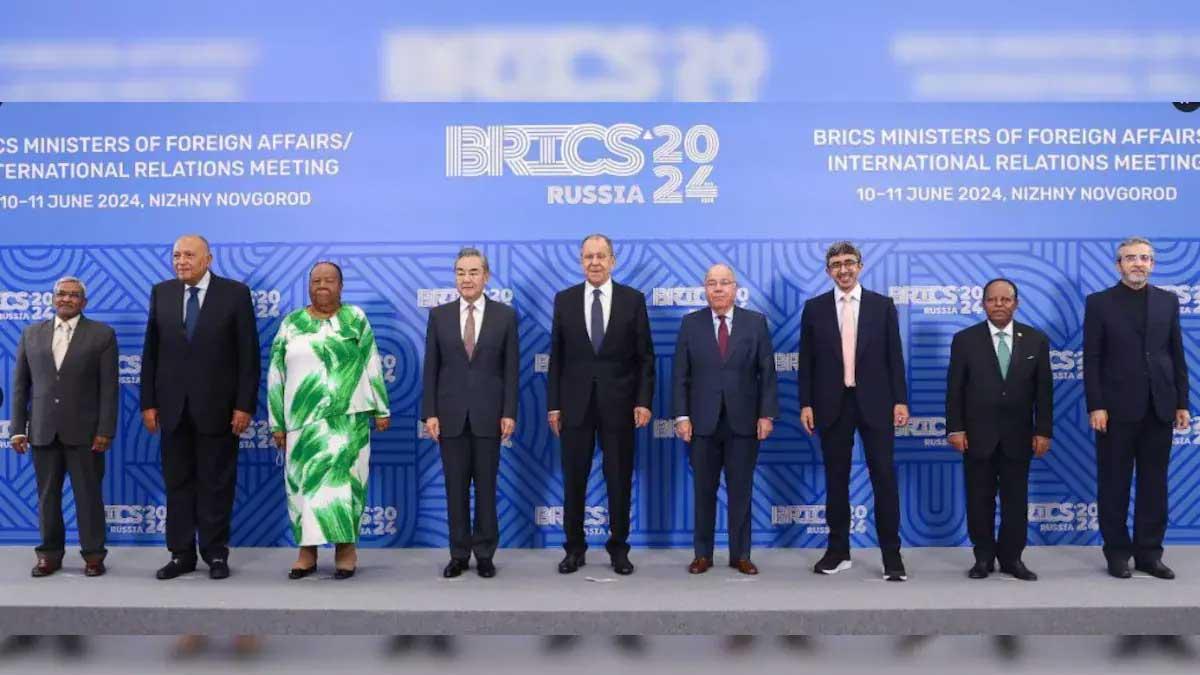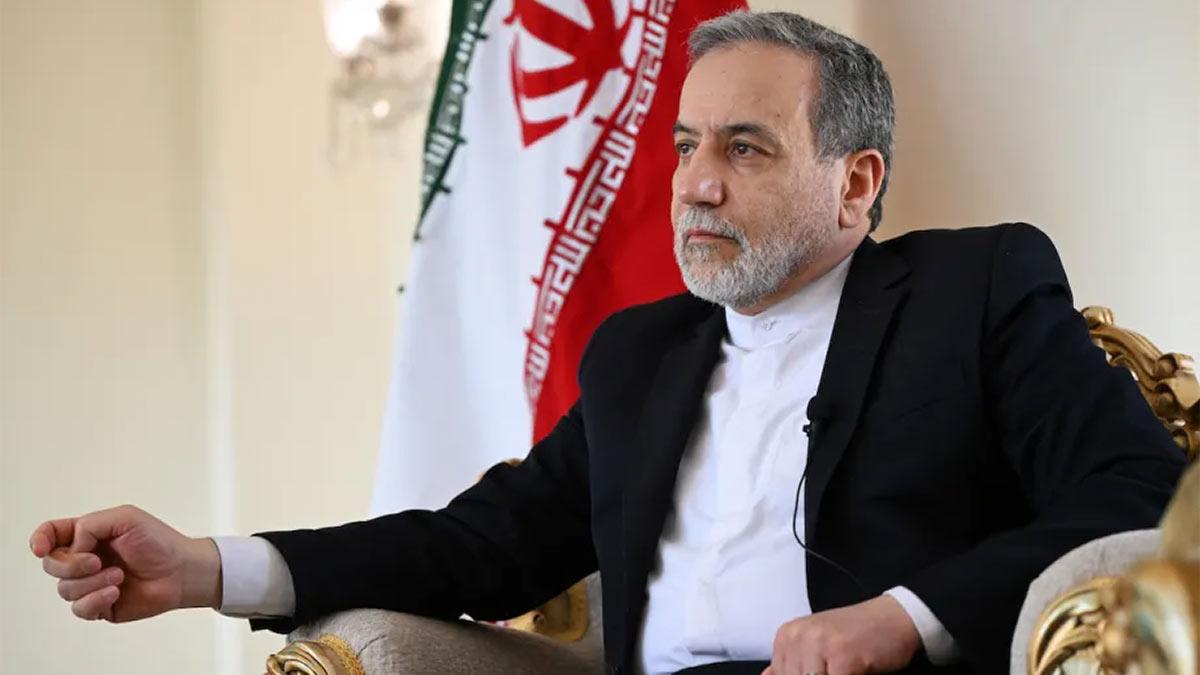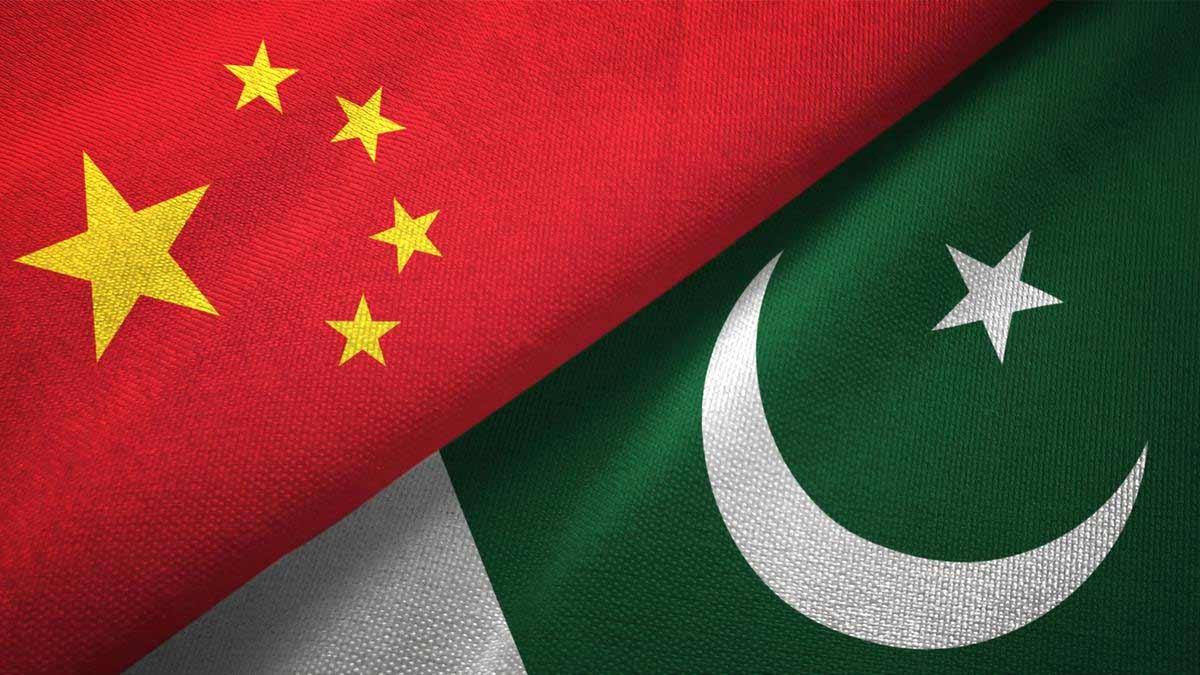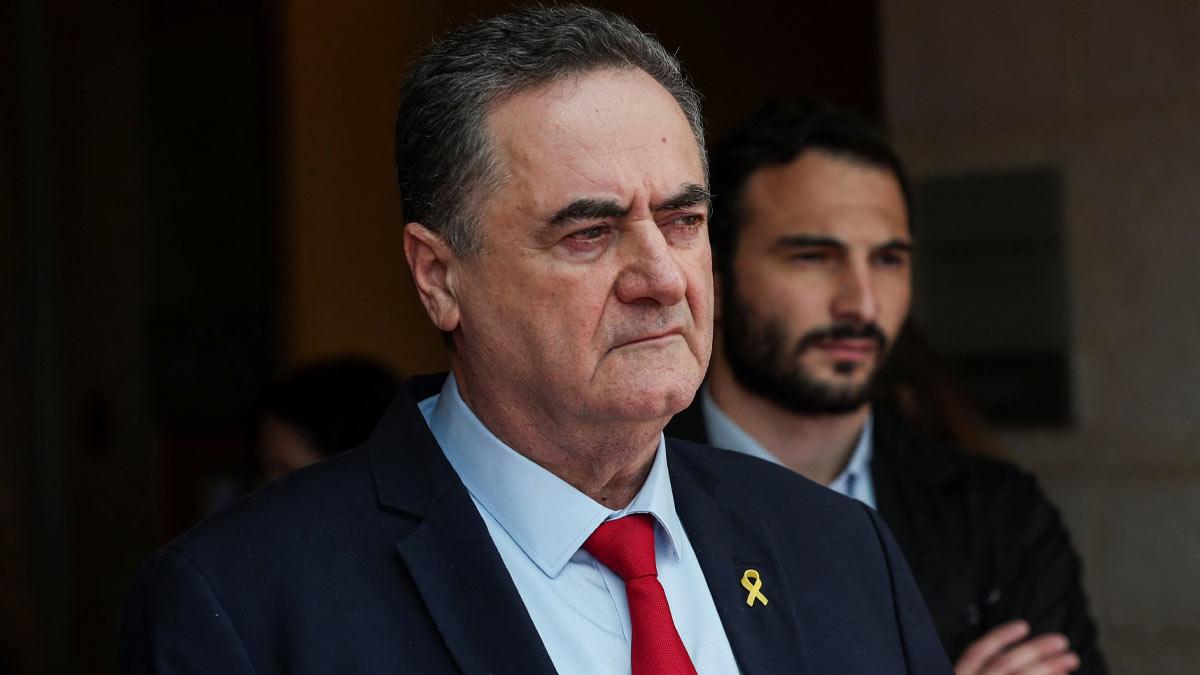India warmly welcomed the membership of Egypt, Iran, UAE, Saudi Arabia, and Ethiopia into the BRICS alliance, as their representatives participated for the first time in any meaningful manner in the meeting hosted by Russia on this scale.
The head of the Indian delegation at the BRICS Foreign Ministers' Meeting at Nizhny Novgorod was senior diplomat Dammu Ravi from the Ministry of External Affairs.
"A significant meeting in the format of expanded BRICS family. India wholeheartedly welcomes the new membership," expresses the spokesperson of the Ministry of External Affairs, Randhir Jaiswal.
That meeting was the first ministerial one after the enlargement of BRICS in 2023 with the addition of Egypt, Ethiopia, Iran, Saudi Arabia, and the UAE to the existing members Brazil, Russia, India, China, and South Africa.
Dammu Ravi, Secretary (Economic Relations) in the Ministry of External Affairs, led the Indian delegation at the BRICS Foreign Ministers' Meeting in Nizhny Novgorod.
Normally, the External Affairs Minister would have been attending such meetings. However, S Jaishankar's recent reappointment following Prime Minister Narendra Modi's swearing-in function doesn't allow him to be at the meeting in Russia.
A joint statement that was issued after the meeting reiterated the commitment of BRICS foreign ministers to strengthening cooperation across politics and security, economy and finance, and cultural and people-to-people exchanges.
The ministers reaffirmed their dedication to multilateralism and the upholding of international law, including the principles enshrined in the Charter of the United Nations.
They also voiced support for comprehensive reform within the United Nations, including its Security Council, to enhance its democratic representation and effectiveness.
The ministers acknowledged the G20 as a vital forum for international economic cooperation. They welcomed the entry of the African Union as a member at the G20 New Delhi Summit.
Expressing concern on the conflicts that are ongoing in many parts of the world, the ministers reiterated the importance of the peaceful resolution of disputes through diplomacy and dialogue.
With respect to the situation in the Occupied Palestinian Territory, the Ministers called for an immediate, durable and sustained ceasefire, condemned violence, and called for the release of hostages and civilians.
They reiterated their support for Palestine's full membership of the United Nations and the importance of a two-state solution for Israel and Palestine.
In the area of regional security, the Ministers emphasized the urgency of a peaceful settlement in Afghanistan.
They condemned terrorism in all its forms and rejected any attempts to associate it with any religion, nationality, culture, or civilisation. At the same time, underscore that it is necessary to ensure accountability and justice when combating this threat.
In view of the negative impact of technology on the facilitation of terrorist activities, the Ministers called for the elaboration of more efficient mechanisms to counter this threat.
They expressed support for the Paris Agreement and called for effective implementation of measures to combat climate change.
The Ministers opposed unilateral protectionist measures and spoke in favor of a fair and inclusive multilateral trade system the core of which is constituted by the World Trade Organisation.
They emphasised the importance of using local currencies in trade and financial interactions between the BRICS countries.
Russia is presiding over BRICS for one year, from January 1, 2024. Throughout the year, it is planned to hold a series of events that will culminate with the BRICS summit in Kazan in October 2024.
Read also | After EU poll debacle, French President Macron calls early elections


















